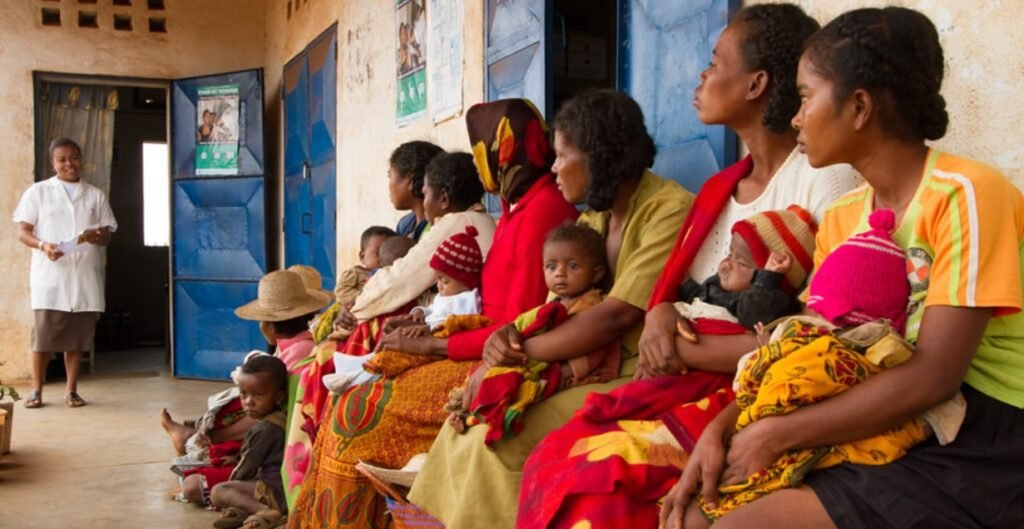In the remote region of Androy in southern Madagascar, some of the poorest women face significant challenges when seeking maternal health services. These women, burdened by poverty and cultural stigma, often hesitate to visit health centers for fear of exposing their financial struggles. However, recent efforts to provide simple, cost-effective maternity kits are making a difference. Let’s explore the journey of these women and the impact of these kits on their lives.
A Struggle in Silence
Jeanne Bernadine Rasoanirina, a dedicated midwife in Behara, Androy, sheds light on the difficulties faced by expectant mothers in this impoverished rural area. “Many women are too ashamed to come to the health center to have their babies delivered,” she explains. Their shame stems not only from financial constraints but also from a lack of knowledge about hygiene and cleanliness. These mothers-to-be often lack the means to care for themselves properly, wearing tattered clothes that reveal their poverty.

Despite these challenges, Jeanne and her team provide essential support to pregnant women who do seek help. Thanks to the government and UN agencies, including the UN Population Fund (UNFPA), the UN Children’s Fund (UNICEF), and the World Food Programme (WFP), expectant mothers receive free-of-charge services. These services include prenatal and postnatal consultations, nutrition advice, and safe delivery assistance.
The Power of Maternity Kits
Recently, a delivery of 240 maternity kits arrived at the health center—a significant event after more than a year without a consistent supply. These kits, supported by UNFPA, contain everything a mother needs to give birth:
- Gloves
- Gauze
- Umbilical cord clip
- Syringe for delivery
- Cloth wraps and baby clothes
The impact of these kits extends beyond the practical items they contain. They alleviate the shame that mothers feel, allowing them to focus on their health and the well-being of their newborns. For Jeanne, witnessing the transformation in these women’s lives is both rewarding and heartbreaking. She has delivered three babies in the past week alone and attended over 330 antenatal and postnatal consultations in the last month—a clear indication of the demand for services.
A Safer Path Ahead
As the health center continues to provide essential care, Jeanne remains hopeful. The arrival of maternity kits signals progress, encouraging more women to seek assistance without fear. By addressing the immediate needs of expectant mothers, these kits contribute to healthier outcomes for both mothers and their children.





















